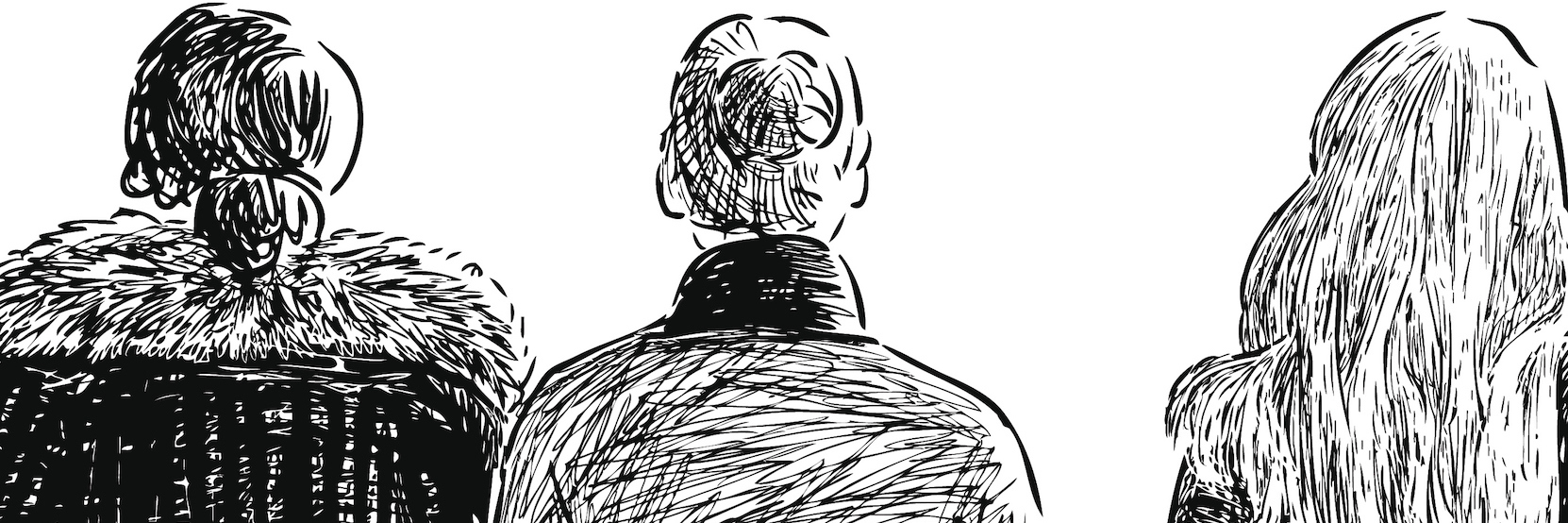Before I was diagnosed with autism spectrum disorder (ASD) a year ago, I didn’t really know who I was. Growing up, I was an awkward kid who never really wanted to do the same things as her peers, and that only grew worse throughout my teenage years. I was really excited about things others around me were not, like 1960s sitcoms, subway systems and repetitively playing tic-tac-toe against myself. Everyone around me seemed to be making these new decisions with their time and money. They wanted to go on dates and shop at the mall for makeup, but I wanted to spend time talking about whatever my brain was stuck on that day or week or month. I just never seemed to fit.
My journey to being diagnosed wasn’t simple. I went to a therapist my freshman year of college for obsessive-compulsive disorder. I did it all privately; I didn’t want to tell even my parents how much I was struggling with anxiety and the transition to college. I sat down for my first appointment. (If you’ve never been to a therapist, it is usually an intake appointment where they gather information about you to try to help figure out a treatment plan.) Within one hour, this therapist told me she suspected I had Asperger’s syndrome. I left thinking she was wrong and never went back. Two years later, I reassessed the situation after struggling with more sensory processing issues. I actually did some research and found out she was right — many of the symptoms fit me. I found another doctor, and after four hours of assessments, he deemed me to fit the criteria. I walked out with paperwork in my hand that said I was, in fact, on the autism spectrum.
For the first time in my life, I made sense. Some people might think being diagnosed with ASD would be devastating and take a toll on one’s self-esteem. For me, it was the exact opposite. I found other people like me. I started to realize they were like me. They had obsessions too, and they struggled with socializing like I did. I wasn’t alone anymore. That sense of belonging made me OK with being different. I finally had an explanation of why I was who I was. I found an identity and became OK with myself.
I have found myself. Some people search their whole lives for their true identity. I found mine when I was 20. I am self-confident and have learned how to work around any social limitations I come across. I also have learned it is OK not to fit that mold. All of the unspoken rules I missed, all of the time I spent doing my own thing, all of the obsessions, all of the difference, all of the everything — it’s all OK. I am OK.
We want to hear your story. Become a Mighty contributor here.
Thinkstock image by chronicler101

